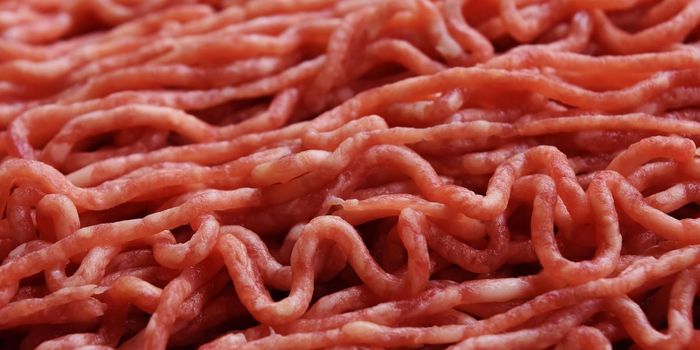Your Brain on Natural vs. Added Sugar
When we think of sugar, we often affiliate it with junk food like cereal, candy, or soda, and in turn often associate it with diabetes. The truth is there are two different kinds of sugar, natural sugars found in fruits and vegetables and added sugars which are found in your favorite junk foods. The former is actually good for you, while the latter is not. Both types of sugar can affect how your body functions in more ways than just energy, as it can affect the most important organ of all, the brain. Here we will discuss how brain health is affected by both natural and added sugar, and why the latter is still okay in moderation.
Your Brain on Natural Sugar
As stated, natural sugars, also known as low-glycemic foods, are found in fruits and vegetables, but can also be found in nuts, whole grains, and beans. These foods help boost brain function such as cognitive ability, memory, and self-control. This is because sugar from natural sources is slowly released into the bloodstream, resulting in steadier energy levels, and less cravings for more sugar. Besides natural sugars, other essential nutrients for the brain include long-chain omega 3 fatty acids (salmon, eggs, strawberries, and broccoli); magnesium (green leafy vegetables such as spinach, legumes, nuts, and whole grains); calcium (dairy products and kale; Note: too much calcium can be toxic); fiber (asparagus, bananas, and oatmeal); vitamins B1 (pork and meatless soy products), B9 (broccoli and spinach), B12 (dairy products such as eggs, milk, and cheese; meat, fish, and poultry), D (sunlight or supplements) and E (sunflower seeds, almonds, spinach, and peanuts).
Your Brain on Added Sugar
While natural sugars undoubtedly have positive impacts on your body and brain, added sugars, also known as high-glycemic foods, have quite the opposite effect. Among other negative effects, these foods can cause memory and cognitive deficiencies, as they have been found to activate regions of the brain associated with the reward response and promote more intense feelings of hunger compared to low-glycemic foods. Also, because added sugar lacks the appropriate calories and nutrients, it doesn’t keep you feeling full as long, thus resulting in your brain craving more sugar in a very short time. Despite this addictive quality, added sugars are fine in small amounts, so don’t be afraid to indulge once a week with your favorite ice cream or a few slices of pizza.
Natural sugars can have extremely positive brain health benefits while added sugars have quite the opposite. As long as you maintain a balanced diet rich in vitamins and nutrients and only sparingly indulge in junk food, your brain will thank you.
As always, keep doing science & stay healthy!
Sources: CDC, Healthline, Princeton, InBody, Cleveland Clinic, Fit Minds, VeryWellMind, Texas Institute for Neurological Disorders









